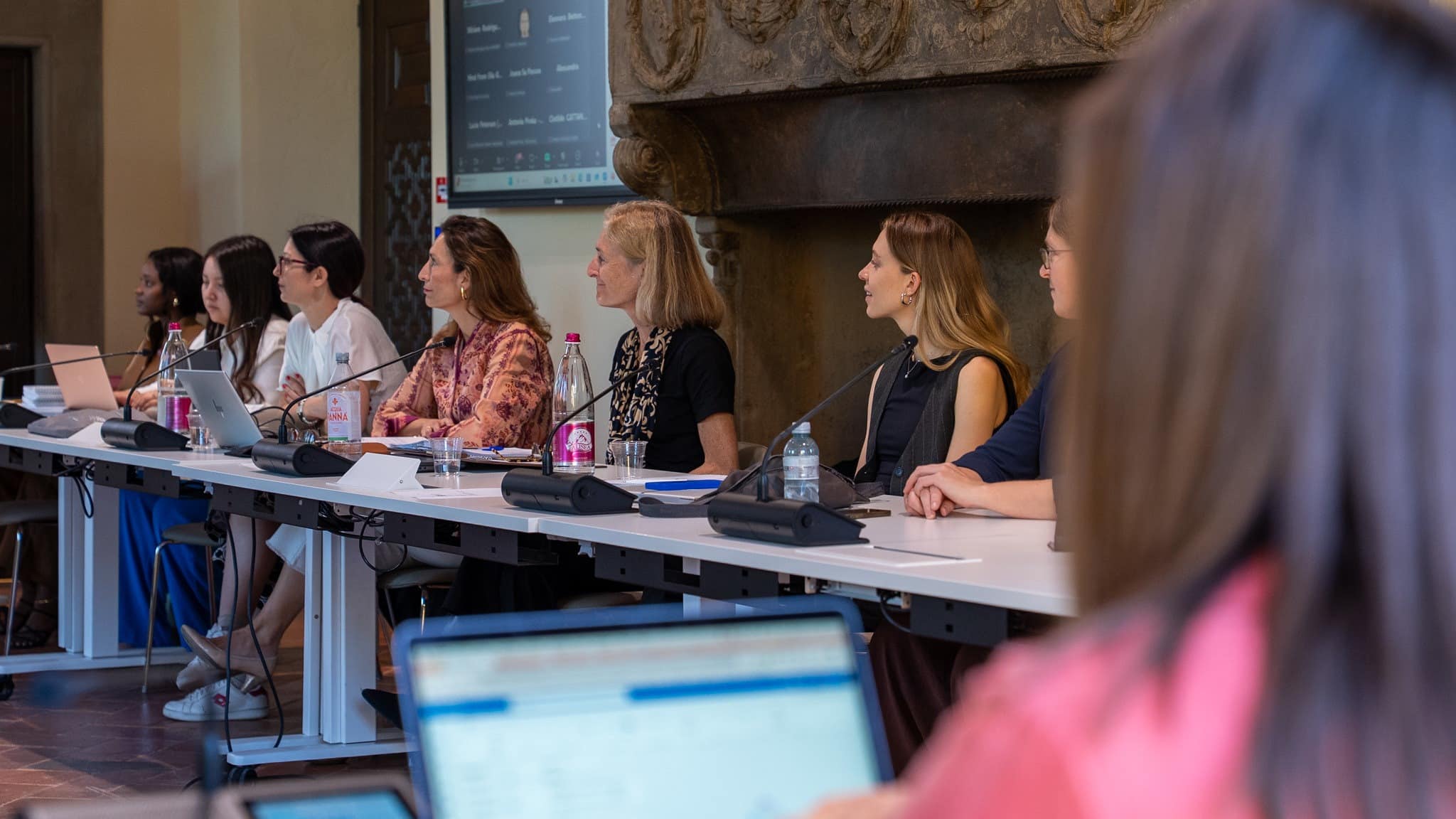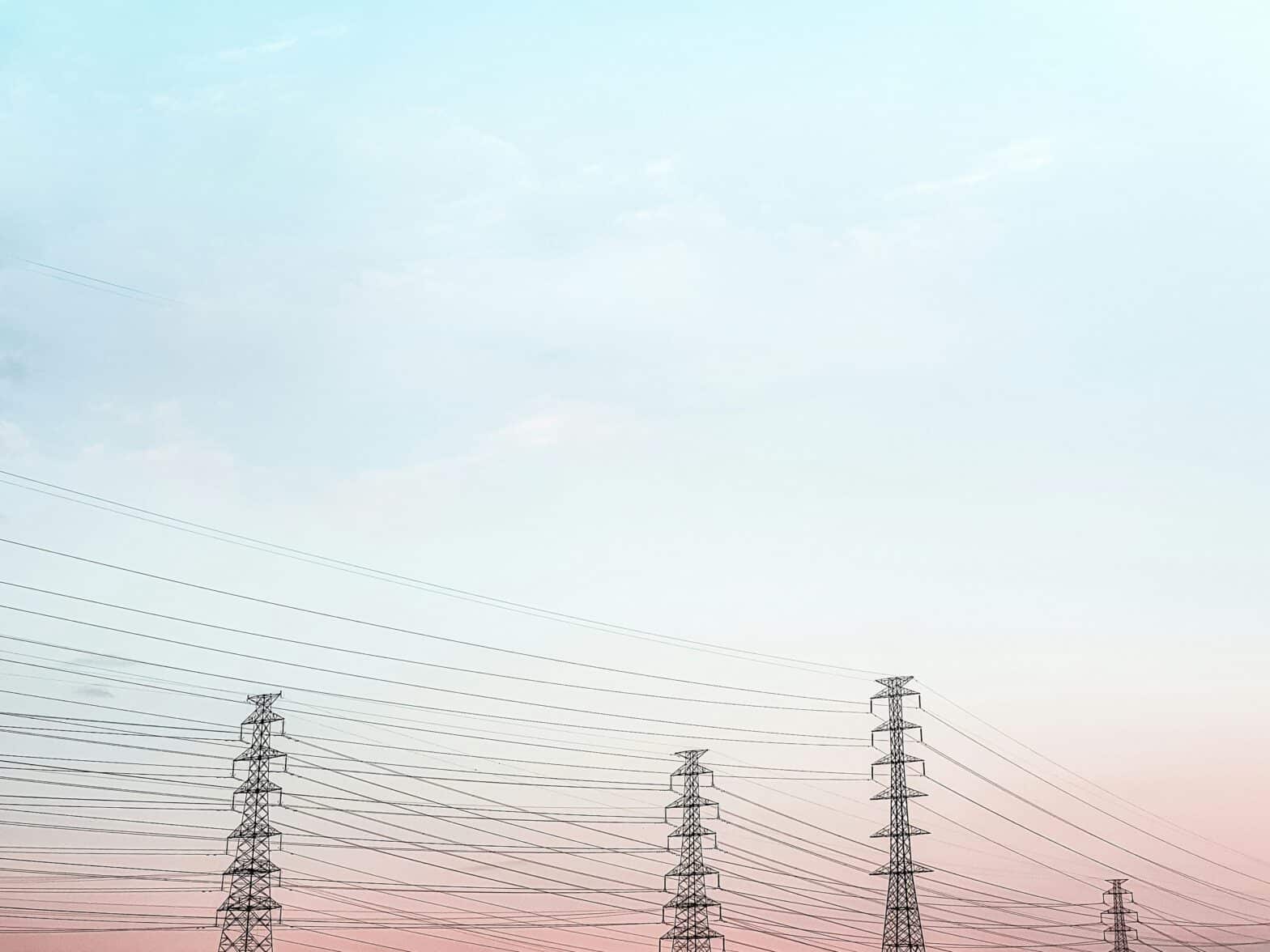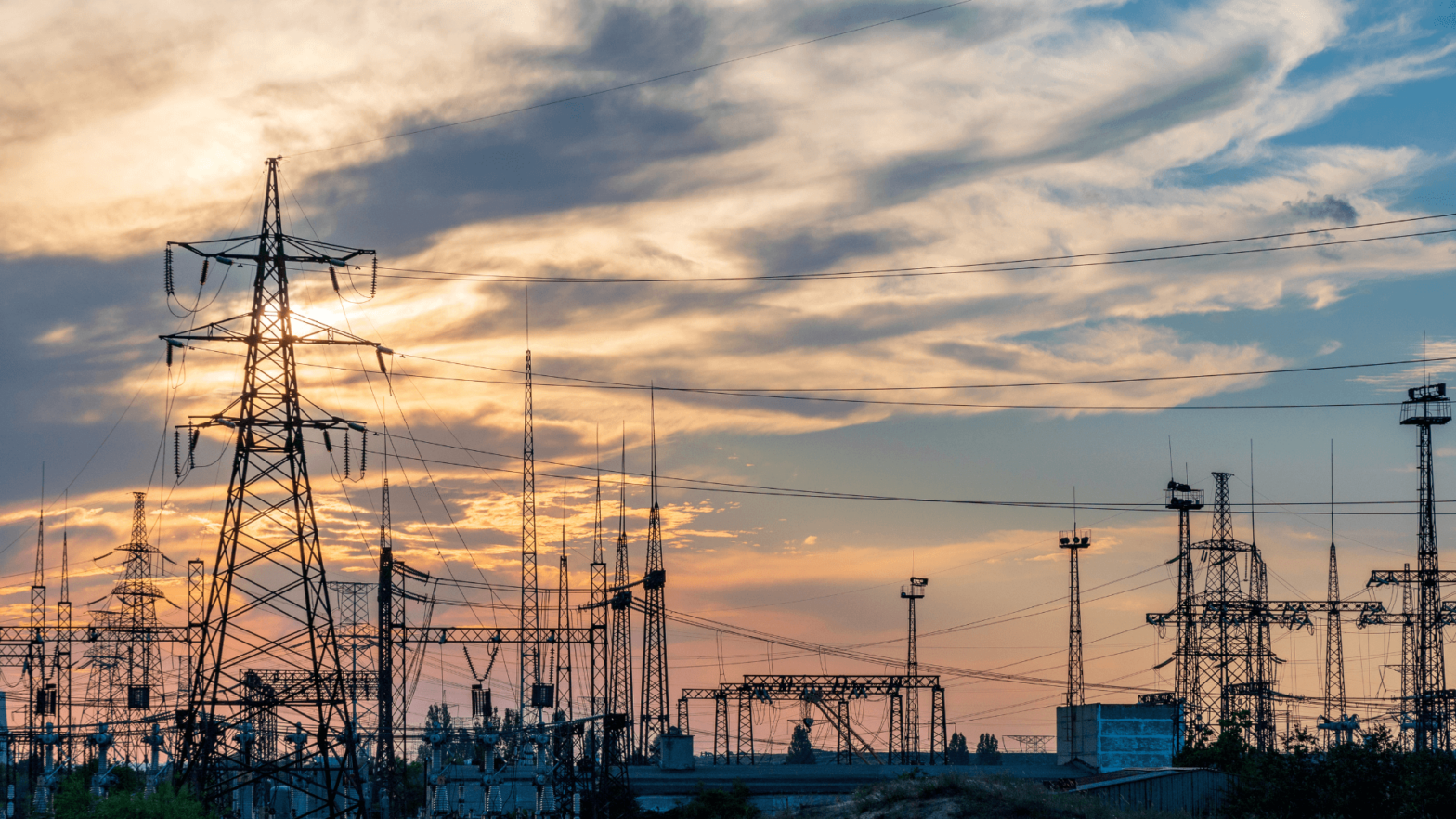Network tariffs for decarbonised and low-carbon gases

This Debate will provide an early opportunity to discuss the Commission’s proposals on tariffication for hydrogen and decarbonised and low-carbon gases, as outlined below.
Watch the recording:
In the current EU regulatory framework, electricity and gas networks are subject to regulated third-party access rules. The users of these networks have been paying for the development, maintenance and operation of their respective grids, with those withdrawing from the network typically paying a larger share of the total costs[1]. In the electricity sector, the so-called “single system paradigm” has been in place for almost twenty years. Under this approach, cross-border exchanges of electricity do not pay tariffs at the EU internal borders. The costs of the EU transmission system are therefore recovered only at the entry into and exit from this system and TSOs hosting transits are compensated through an inter-TSO compensation (ITC) mechanism. In gas, the 2009 Third Energy Package introduced the “entry-exit” system, in which gas transmission network users pay every time the gas enters or exits an entry-exit area, often corresponding to a national jurisdiction.
In its Hydrogen and Decarbonised Gas Market Package of December 2021, the European Commission proposed a specific transmission tariff framework for hydrogen and, more generally, for decarbonised and low carbon gases.
In particular, according to the ommission’s proposal, hydrogen network would have to be subject to regulated third-party access rules as from 2031, with negotiated third party access allowed until then.
Moreover:
- injections into the network from renewable and low carbon gases production facilities would benefit from a discount of up to 75% on the respective capacity-based tariffs;
- renewable and low carbon gases would benefit from a discount of up to 75% on the capacity-based transmission tariffs at entry points from and exit points to storage facilities in the Member States of first injection, unless the storage facility is connected to more than one transmission or distribution network and is used to compete with an interconnection point.
Regulatory authorities may set discount rates lower than 75%, provided that the discount is in line with the general tariff principles and in particular the principle of cost-reflectiveness, taking into account a need for stable financial frameworks for existing investments where appropriate, and the advancement of the roll-out of renewable and low-carbon gases in the concerned Member State
The Commission’s proposal also envisages that renewable and low-carbon gases would benefit from a 100% discount on the entry and exit tariffs at all interconnection points, including entry points from and exit points to third countries, as well as entry points from LNG terminals
These discounts should not affect the general tariff setting methodology, but should be provided ex-post on the relevant tariff. The revenue shortfall emerging from the granting of discounts to renewable and low-carbon gases, if above 10% of allowed revenues, shall be addressed through an inter transmission system operator compensation mechanism.
Finally, the Commission proposal envisages the possibility of cross-subsidisation of the hydrogen transmission network by gas transmission network users, by providing that Member States may allow financial transfers between separate regulated services, subject to some conditions. Such a possibility does not seem to be subject to any harmonisation requirement across the EU.
Draft Programme
Introduction to the Debate and Opening Presentations
14.00 – 14.05 Introduction to the Debate
Alberto Pototschnig | Florence School of Regulation
14.05 – 14.15 The Commission’s proposal
Feodora Petit and Benedikt Klauser | Directorate-General for Energy, European Commission
14.15 – 14.25 FSR initial considerations
Ilaria Conti | Head of Gas, FSR
Panel Discussion: Introductory Remarks, Polls and Comments
Moderator: Leigh Hancher| Florence School of Regulation
14.25 – 14.50 Introductory remarks from the panellists
Csilla Bartok | Team Leader for Gas Markets and Energy Retail, ACER
Annie Krist | Vice President, Eurogas
Claude Mangin | Market Development Manager, ENTSOG
Peter Claes | President, IFIEC Europe
14.50 – 14.55 Polls
14.55 – 15.15 Comments on the outcome of the polls and Q&A from the audience
Panellists
15.20 – 15.30 Concluding remarks
Tom Maes | CREG
Leigh Hancher | Florence School of Regulation and Tilburg University
Alberto Pototschnig | Florence School of Regulation
[1] With load paying a predominant share of electricity transmission costs (with many jurisdictions charging all transmission costs to load and the lowest share being in Sweden at 63%), while in gas the picture across the EU is more varied. [HERE RESULTS OF ACER MONITORING OF E-E%]
Don’t miss any update on our events
Sign up for free and access the latest events from our community.












